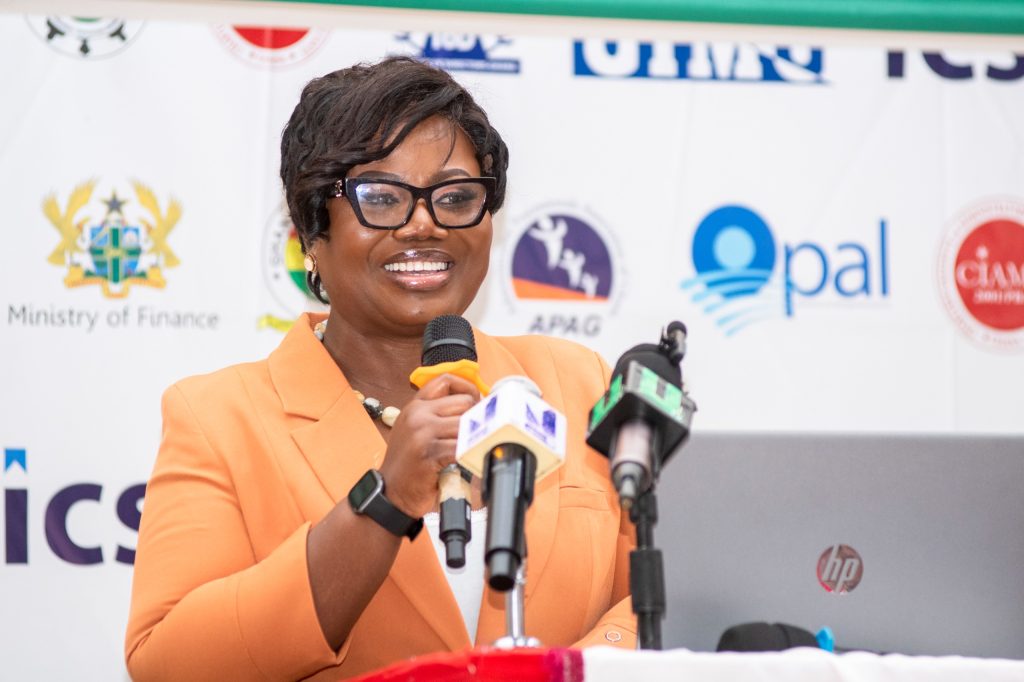By Stanley Senya
Accra, July 25, GNA – Dr Samuel Mawusi Asafo, Chief Executive Officer (CEO) of Chartered Institute of Administrators and Management Consultants (CIAMC) Ghana, has called for a collective effort to fight against corruption.
He said state and non-state institutions must work together on accountability and transparency strategies in public, private, and non-for-profit institutions and should not work across purposes.
“We must all collectively move away from the talk, talk and act on issues of corruption, we must report on incident of corruption from our workplaces.
He said corruption had become a continued issue affecting the majority of citizens; therefore, administrators must help curtail the act of corruption since they were at the forefront of handling files and documents.
“It is only when we all open our eyes wide and other sense against corrupt practices only then can we fight it,” he said.
Dr Mawusi Asafo was speaking at the 6th administration professional conference on Wednesday in Accra on the theme: “Building A Path Towards A Fair And Sustainable Corruption-Free Ghana.”
He explained that “it is time to infuse fearless honesty into the national behaviour and ignite collective sustained action with coordinated efforts, as well as the judicious application of resources of stakeholders to combat corruption.”
He said administrators must sensitise themselves to build that sense of responsibilities for public and private institutions to know that corruption affected everyone directly or indirectly.
He said the theme focused on development of administration, however, “we want to see administrators who are being trained professionally to bear in mind that our future is at risk therefore, we must fight corruption together.”
The CEO said it was the Association’s goal to let society benefits from administrators, saying, administrators must manage their working environment and crate that consciousness that fraud and corruption eroded growth of the economy.
“We want to monitor and see how administrators can serve as crusaders in the fight against corruption,” he added.

Mrs Maame Yaa Tiwaa Addo-Danquah, Executive Director, Economic and Organised Crime (EOCO), said the fight hinged on institutionalising efficiency, accountability, and transparency in the public, private and not-for-profit sectors, engaging individuals, media and civil society organisations in the report and combat of corruption; and conducting effective investigations and prosecution of corrupt conducts.
She said patronage system influenced the formal system and created contradictions between how institutions were intended to operate in principle and how informal practices supplant formal structures.
“As a result, public administration and political competition often appear to be driven more by personal ties than formal rules,” she said.
Mrs Tiwaa said there must be a data system digitalized to enable the Office of The Special Prosecutor (OSP) monitor and have empirical witness of fraudulent acts to aid in battling corruption.
She appealed to institutions and organisations to have data and systems to check crimes acts that occurred at the workplace and called for a collaborative effort between stakeholders to curtail corruption.
The conference seeks to equip administrators to work towards eliminating corruption, enforcing values, and creating a sustainable environment for development.
GNA